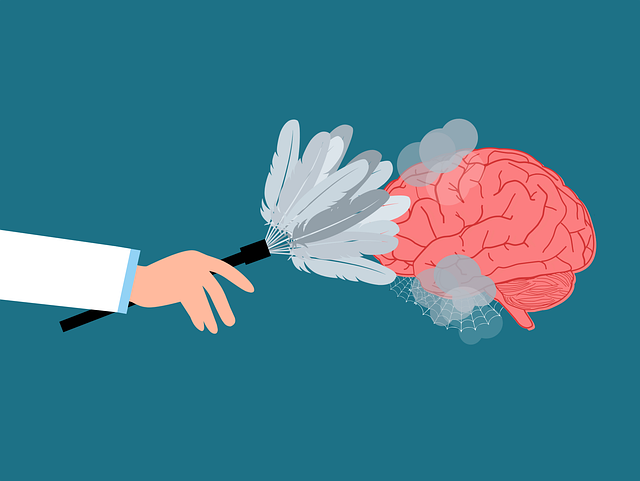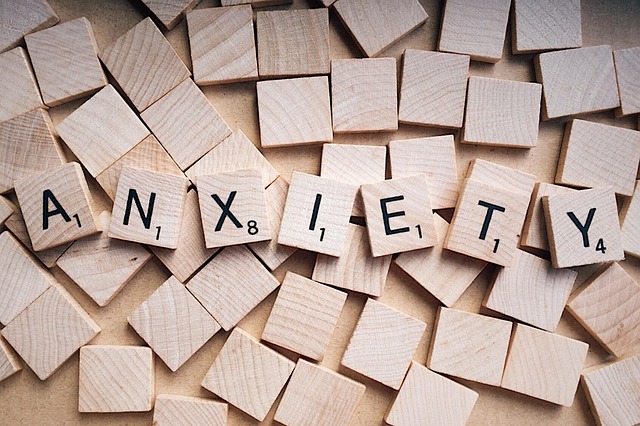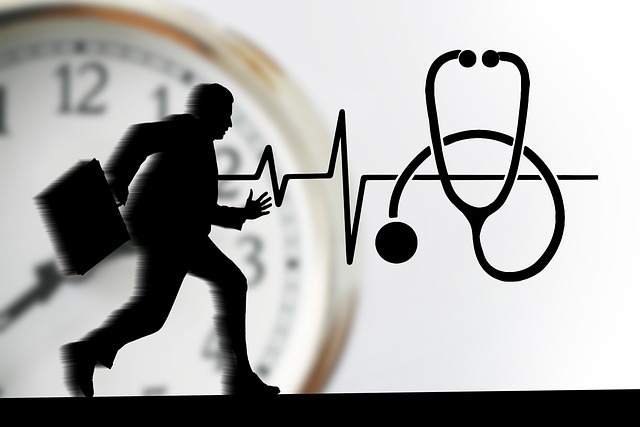Adolescence is a critical period marked by growth and unique stressors like academic pressures, peer relationships, and identity formation, which can lead to mental health issues and physical problems. Effective stress management through compassion cultivation, mindfulness meditation, and relaxation techniques is key to promoting teens' overall well-being. Early intervention using therapy equips them with tailored coping mechanisms and emotional intelligence, reducing the risk of chronic pain and psychological disorders. This approach not only aids in pain management but also builds resilience for future challenges, improving quality of life and carrying benefits into adulthood.
- Understanding Adolescent Stress: Unveiling Common Triggers and Impact on Teens
- The Role of Therapy in Equipping Teens with Effective Stress Management Tools
- Practical Techniques for Daily Stress Reduction: A Comprehensive Guide for Teens
- Long-term Benefits of Early Stress Management: Nurturing Resilience in Adolescence
Understanding Adolescent Stress: Unveiling Common Triggers and Impact on Teens

Adolescence is a period of significant growth and development, but it’s also marked by unique stressors that can impact teens’ overall well-being. Understanding the sources of stress among adolescent individuals is paramount in equipping them with effective coping mechanisms. Common triggers include academic pressures, peer relationships, identity formation, and major life transitions. These factors can contribute to heightened anxiety, depression, and even physical health issues such as headaches or sleep disturbances.
Recognizing the impact of these stressors on teen mental and physical health is crucial. Unmanaged stress can lead to long-term problems like chronic pain management difficulties and an increased risk for various psychological disorders. Therefore, teaching compassion cultivation practices, mindfulness meditation, and other relaxation techniques can be transformative. Such strategies promote anxiety relief, foster better emotional regulation, and provide teens with valuable tools to navigate their complex lives.
The Role of Therapy in Equipping Teens with Effective Stress Management Tools

Therapy plays a pivotal role in equipping adolescent teens with effective stress management tools. Through structured sessions, mental health professionals help young individuals understand and process their emotions, offering them coping mechanisms tailored to their unique experiences. This therapeutic approach goes beyond mere pain management; it fosters resilience, enhances emotional intelligence, and empowers teens to navigate life’s challenges head-on.
A comprehensive risk assessment for mental health professionals is crucial to ensure the safety and well-being of both clients and providers. By integrating healthcare provider cultural competency training into their practices, therapists can create a supportive environment that respects and understands the diverse backgrounds and experiences of their teen patients. This inclusive approach boosts confidence among adolescents, encouraging them to openly discuss stress triggers and engage actively in developing personalized strategies for effective stress management.
Practical Techniques for Daily Stress Reduction: A Comprehensive Guide for Teens

Stress management is a vital skill for adolescent teens to learn and master, especially in today’s fast-paced world filled with academic pressures, social media demands, and peer dynamics. This comprehensive guide delves into practical techniques tailored specifically for daily stress reduction, targeting the unique needs of young individuals. By incorporating these strategies into their routines, teens can enhance their emotional regulation skills, fostering better mental wellness and overall resilience.
The first step involves identifying personal triggers and understanding one’s unique response to stress. Mental health education programs design activities that encourage self-awareness, helping teens recognize when they’re feeling overwhelmed. Techniques such as mindfulness meditation, deep breathing exercises, and progressive muscle relaxation offer powerful tools for calming the mind and body. Additionally, encouraging physical activity and adopting healthy sleep habits play a crucial role in pain management, ensuring teens have effective coping mechanisms to navigate their daily challenges.
Long-term Benefits of Early Stress Management: Nurturing Resilience in Adolescence

Early intervention in stress management can have profound long-term benefits for adolescent teens. By teaching effective coping strategies and fostering resilience during these formative years, individuals stand a better chance of navigating life’s challenges with greater ease. This proactive approach not only helps in pain management but also equips them to face future stressors, including potential trauma support services they may require.
Adolescence is a crucial period for developing emotional intelligence and building confidence. Through therapy and mental illness stigma reduction efforts, young people can learn to identify and manage their stress responses, leading to improved overall well-being. These skills are invaluable, fostering resilience that can carry them through adolescence into adulthood, where they will be better equipped to handle the inevitable ups and downs of life with a renewed sense of confidence.
Stress management techniques teaching plays a pivotal role in equipping adolescent teens with tools to navigate life’s challenges. By understanding common stress triggers and their impact, therapy becomes an effective conduit for empowering teens with coping mechanisms. Practical daily techniques offer a comprehensive guide to reduction strategies, while long-term benefits underscore the importance of early intervention in fostering resilience. Integrating these practices can lead to better mental health outcomes and improved quality of life for adolescent teens, including enhanced pain management skills.











